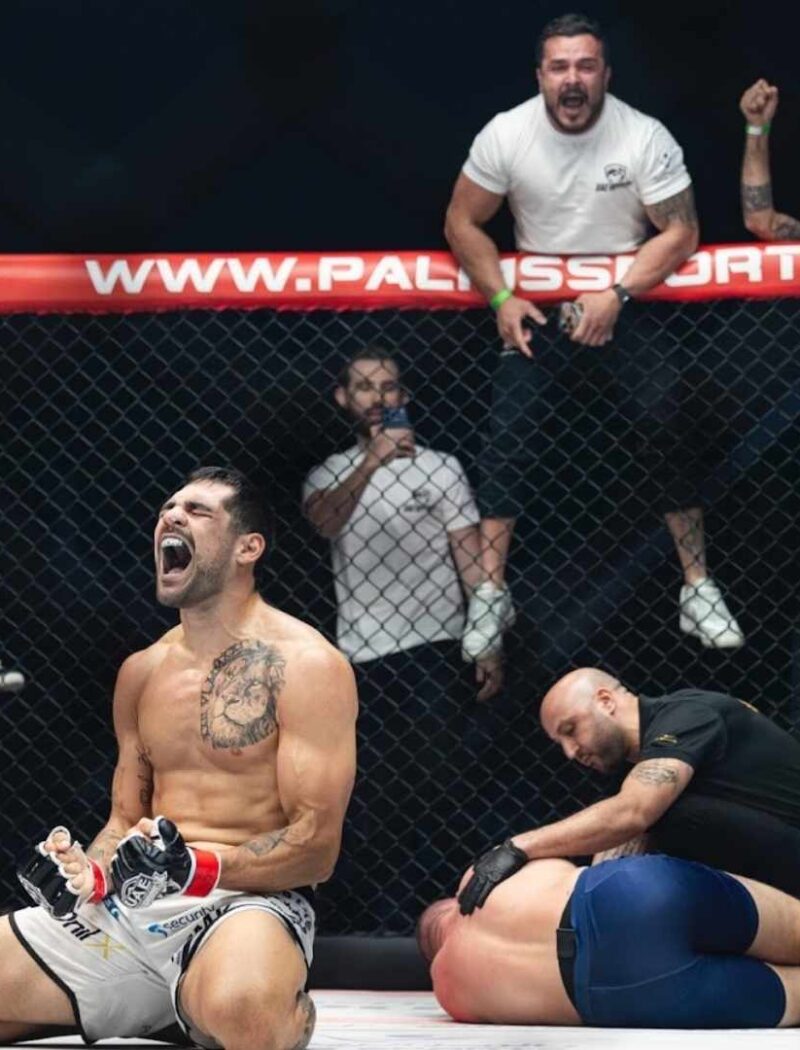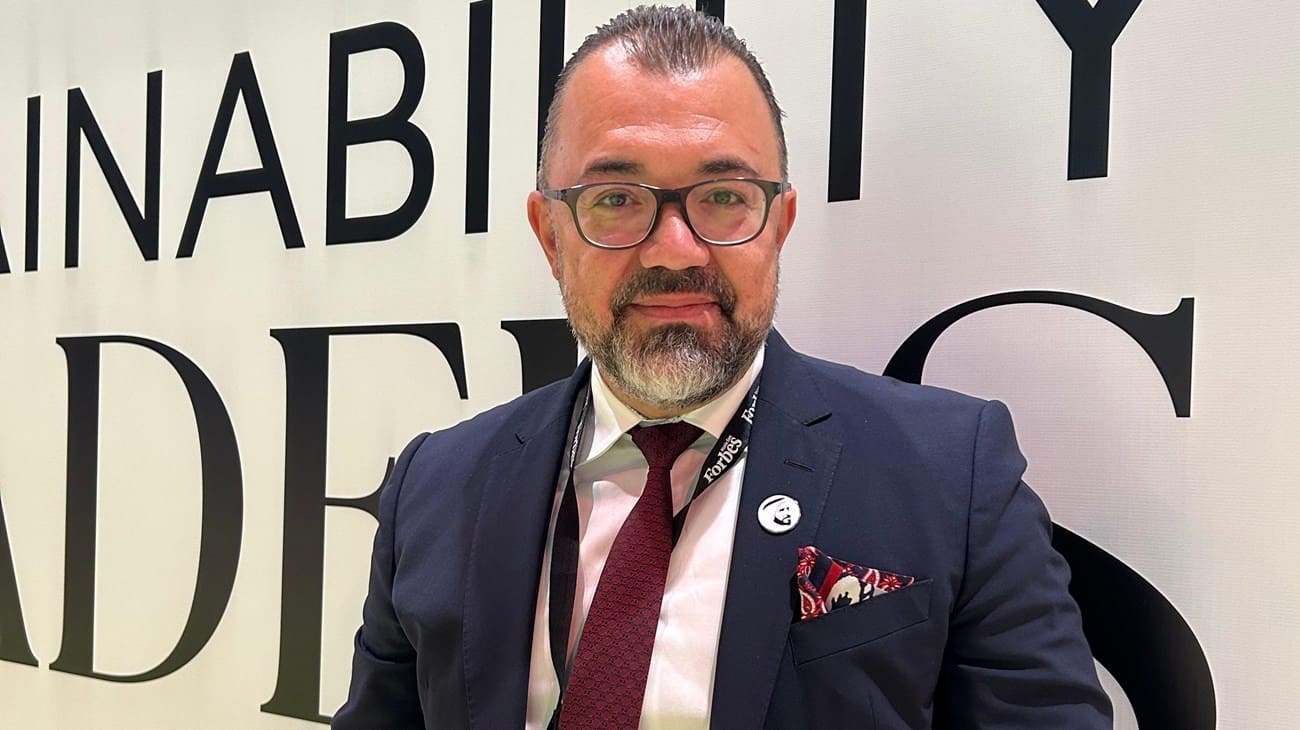
Send a message.
We’re here to answer any question you may have.
careers
Would you like to join our growing team?
careers@hub.com
careers
Would you like to join our growing team?
careers@hub.com
We’re here to answer any question you may have.
Would you like to join our growing team?
careers@hub.com
Would you like to join our growing team?
careers@hub.com

In the UAE, sport is no longer just about a healthy lifestyle, it is a tool for social transformation, shaping a more inclusive, sustainable and healthier society. They are rapidly transforming from recreational activities into pillars of national identity and development, and the UAE stands at the forefront of redefining what it means to champion wellness, sustainability and social impact through athletic engagement.
During the Forbes Middle East Sustainability Leaders Summit in Abu Dhabi on Wednesday, Fouad Darwish, CEO and Managing Director of Palms Sports PJSC said that sports, health, and wellbeing have never been more intertwined.
Darwish noted that the UAE has evolved into an environment that actively supports physical activity with parks, sports facilities, and policies that make exercise part of daily life.
“Sport is key in an efficient community. It is no longer a leisure activity, but it is a determining policy in our national security,” Darwish told Aletihad in an interview.
“Sustainability is about safeguarding scarce resources,” he explained. “In our field, we help people use their energy, their most valuable resource, more efficiently to perform better and live healthier.”
Darwish highlighted the award-winning Active Hub programme, a collaboration between Palms Sports and the Abu Dhabi Sports Council, which was recognised among the top three community initiatives globally.
Discussing partnerships, Darwish called the cooperation between government, private sector and community the most sacred collaboration.
“Public and private sectors come together with one vision and one goal – to make life better for everyone. Such partnerships make projects scalable, culturally grounded and socially inclusive,” he said.
“They create an ecosystem where families feel like families again. Sport brings people together in ways few things can.”
Darwish noted that more than 128,000 young Emiratis, boys and girls, practise jiu-jitsu at school: “It is not just training, it is a required class, and they cannot graduate from high school without completing the jiu-jitsu course.”
He pointed out that the programme, once a small pilot in 2010 with just 500 students, now includes over 67,000 girls, representing 54% of participants. For Darwish, this transformation embodies the UAE’s leadership vision, one that sees sports as essential to both physical and social sustainability.
“Sports is a necessity and is part of our national identity. And that message is now being replicated in countries around the world,” he added.
Source: Aletihad News ↗
Adding {{itemName}} to cart
Added {{itemName}} to cart